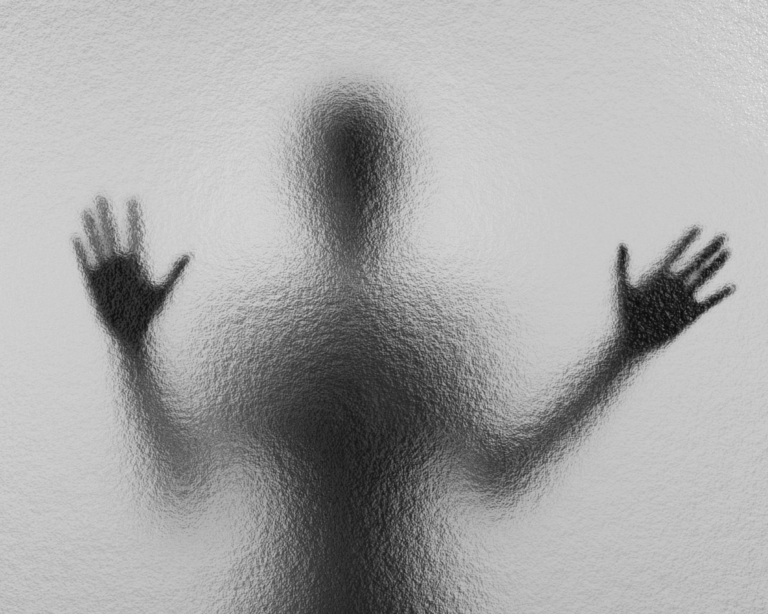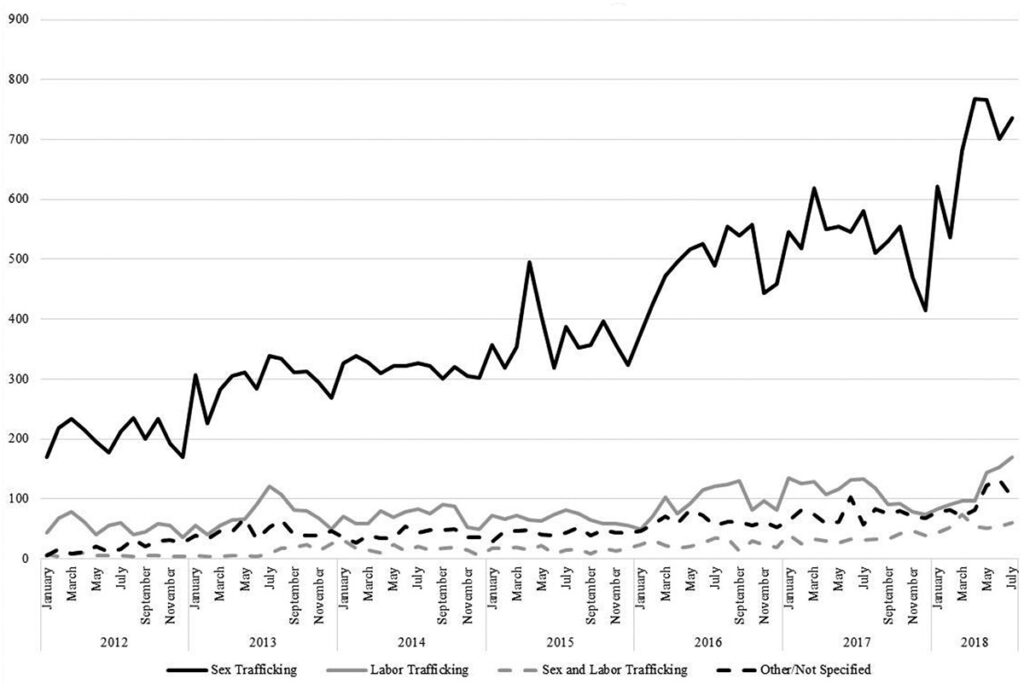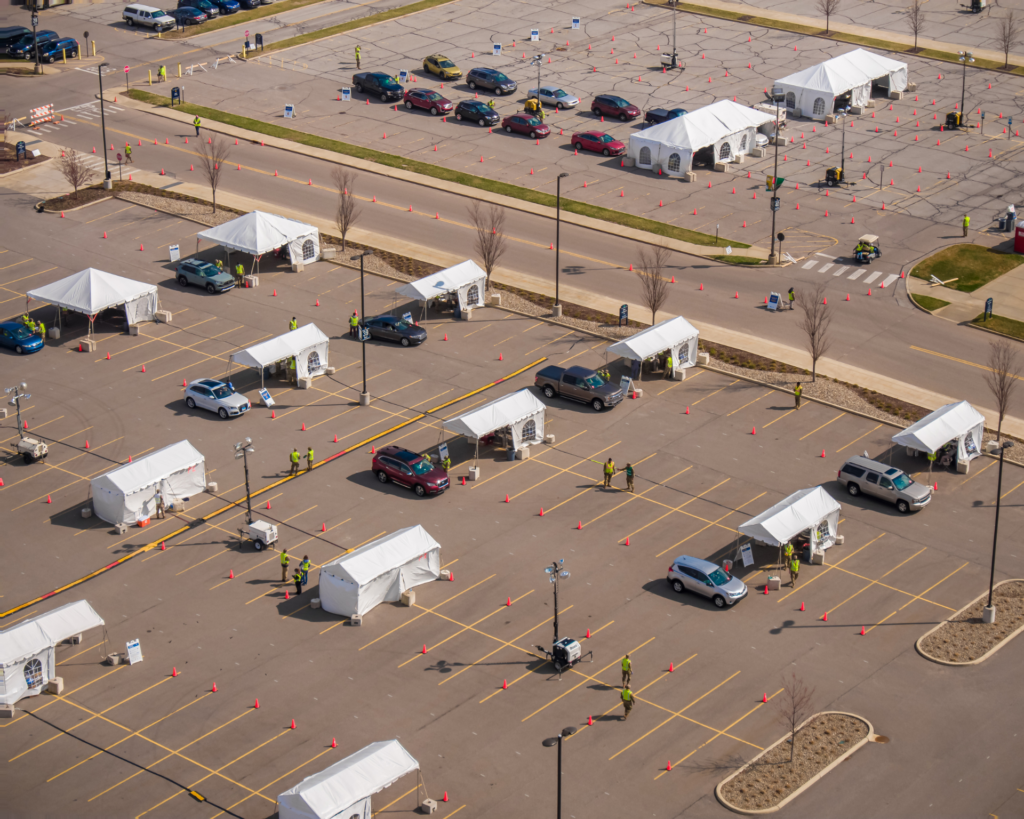The Silent Crime
Human trafficking cases increased by 165% from 2012-2018, with sex trafficking being the most common form reported.

Read Time: 2 minutes
Published:
“You don’t have to pay your rent with sex.”
This eye-catching tagline has been plastered on billboards and buses throughout Arizona, one of the states with the greatest number of human trafficking cases in America. The organization that sponsors these signs, Southern Arizona Against Slavery, works to fight human trafficking and empower survivors in Southern Arizona and beyond.
Trafficking is a crime in which children or adults are forced or coerced into providing labor or sexual acts. Vulnerable individuals, such as runaways and migrants, are most often targeted, as traffickers offer false hopes of better opportunities. Many of the thousands of people who are trafficked each year do not label themselves as victims. Further, survivors fear law enforcement, which makes human trafficking a hidden crime.
Marie Skubak Tillyer and colleagues analyzed data from the U.S. National Human Trafficking Hotline from January 1, 2012, to July 31, 2018. The hotline serves to connect survivors to services and support.

Human trafficking cases increased by 165% over the six years evaluated. The most common form of trafficking reported was sex trafficking (72%), represented by the solid black line on the graph above.
Most hotline call reports were made by individuals with direct contact with potential victims. Only a quarter (24.2%) of calls were made by the victim themselves. Some cases needed immediate assistance and asked for support, seeking emergency shelter or removal from a situation.
The growing public awareness may be a major reason for the rise in human trafficking cases reported in recent years. Awareness campaigns are most effective when they empower victims to seek help, especially when tailored to local communities.
To get help from the National Human Trafficking Hotline, call 1-888-373-7888 or text HELP or INFO to BeFree (233733).



